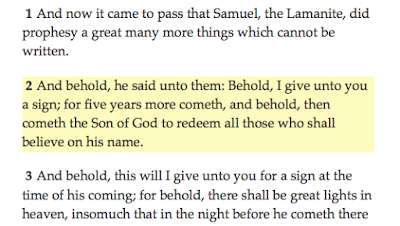For [D. W.] Winnicott, play is acknowledged as other than reality: children grant that they are must playing. Play grants itself the right to treat a spoon as a train, and a parent is barred from asking whether the spoon really is a train. But once play is over, the train is again a mere spoon. Still, play is more than fantasy or escapism. It is the construction of a reality with personal meaning. It takes something from the everyday world - a spoon - and transforms it into something more - a train.
Mormon Barbie's sacred garments.
In Winnicott's terms, play is a 'transitional' activity. It provides a transition form childhood to adulthood, from the inner world of fantasy to outer reality, and from the known outer world to the unknown one. Just as a child clings to a physical object - a teddy bear - to create a safe world that then enables the child to explore with confidence the outside world, so an adult clings to an internalized object - a hobby, an interest, a value, or, I suggest, a myth - that then enables the adult to deal with a much wider world. Just as the child knows that the teddy bear is not Mummy yet clings to it as if it were, so the adult recognizes that the myth is not reality yet adheres to it as if it were. Myth is 'make-believe'. (Robert Segal, Myth: A Very Short Introduction, pp. 138, 139)
Mormon-style robes of the Holy Priesthood.


























